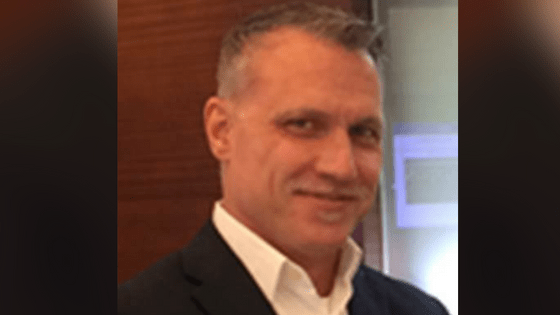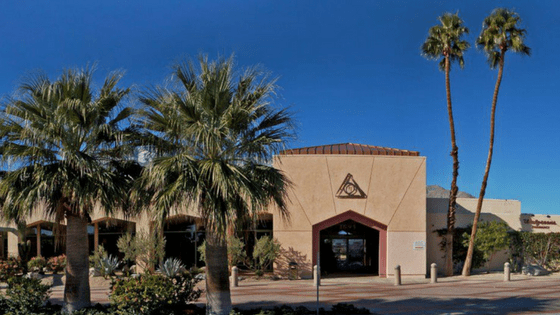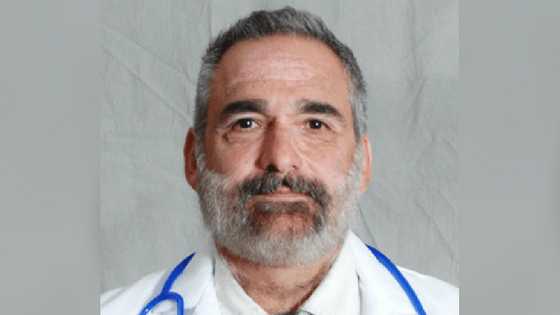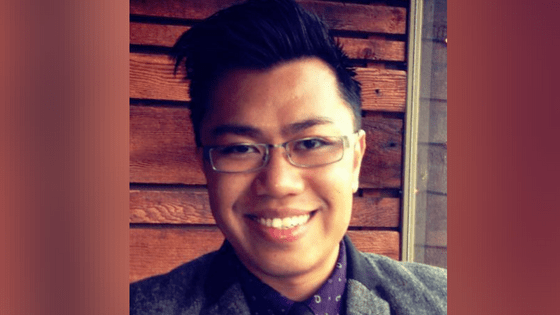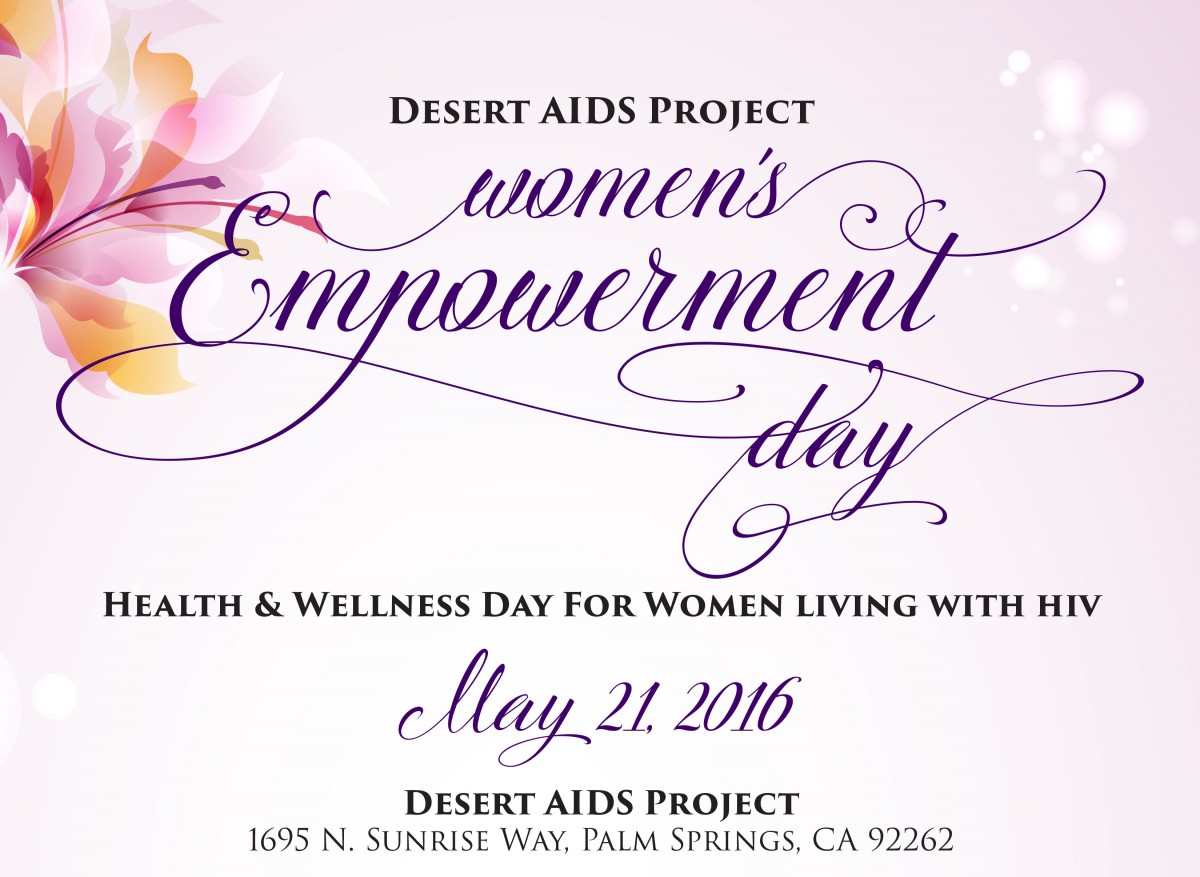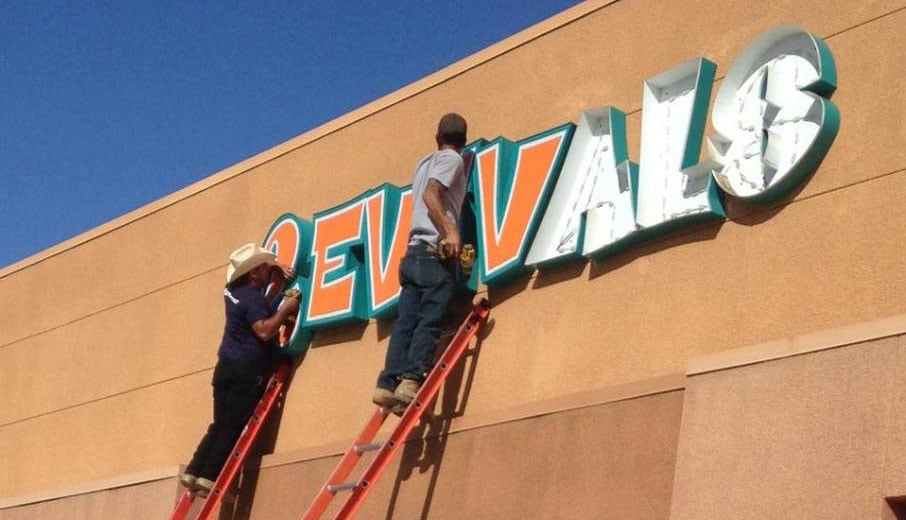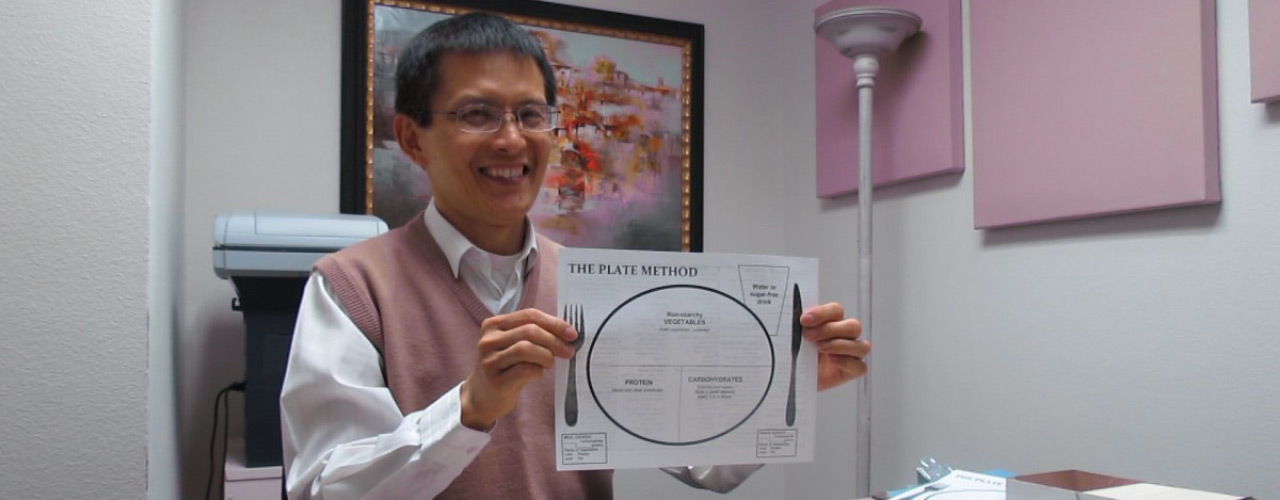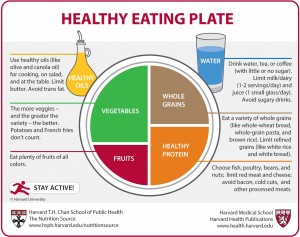Helping to keep our operations running smoothly in the health center is Hector Vizoso, D.A.P.’s Clinical Quality Improvement Coordinator/Nurse Manager. Fluent in Spanish, he prides himself on being a creative problem solver and leader, adept at managing projects and people while providing support and promoting a cohesive team environment.
After receiving his BA degree in Medical Sociology from Hunter College in New York City, graduating cum laude with departmental honors, Mr. Vizoso headed west and became a Registered Nurse at Monterey Peninsula College. He later received his Master of Science in Nursing Administration at California State University.
Mr. Vizoso has also stood on the teaching side of the college podium – first as an Assistant Professor at San Francisco State University, teaching a practicum in Nursing Fundamentals, and later at the University of Phoenix, teaching Evidence-Based Nursing Research & Practice. His clinical and academic experience has led him to contribute to a variety of research projects, as well as journal articles and abstracts.
After extensively participating in the study of medical marijuana, in 2015 Mr. Vizoso presented “Vaporization as a Smokeless Cannabis Delivery System: A Pilot Study“ to the International Association for Cannabis as Medicine in Leiden, Netherlands. For five years, he was Research Nurse Clinician/Study Coordinator responsible for independently managing medicinal marijuana studies for HIV and cancer patients, funded by the Center for Medicinal Cannabis Research, including on-site monitoring.
Mr. Vizoso is a member of a number of professional societies including the Association of Nurses, the Oncology Nursing Society, the Honor Society of Nursing, and the International Association of Clinical Research Nurses.











